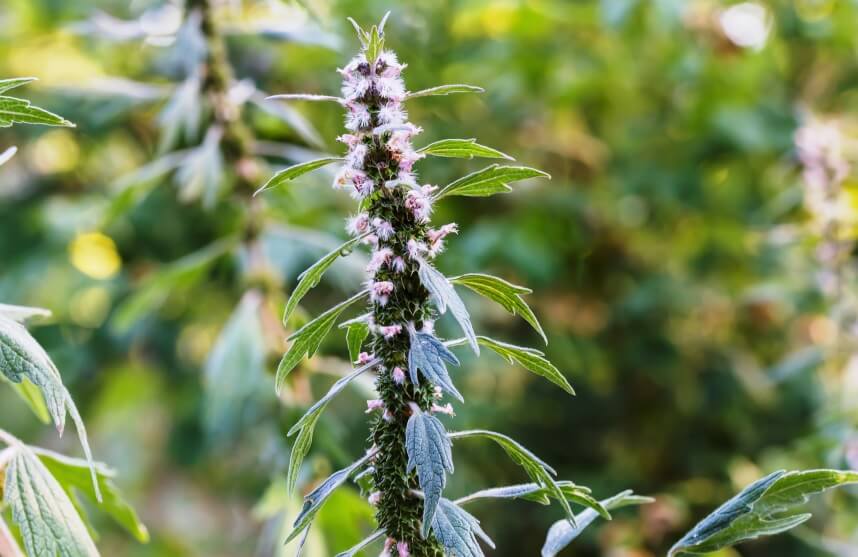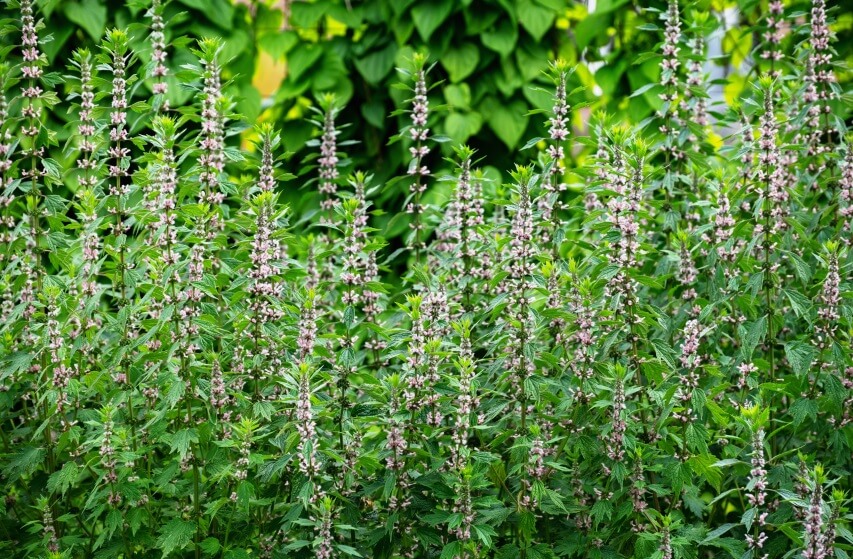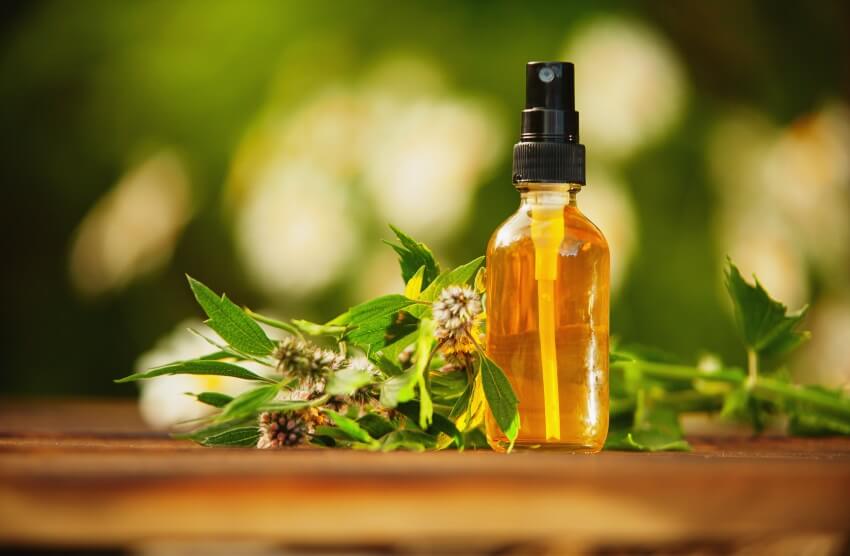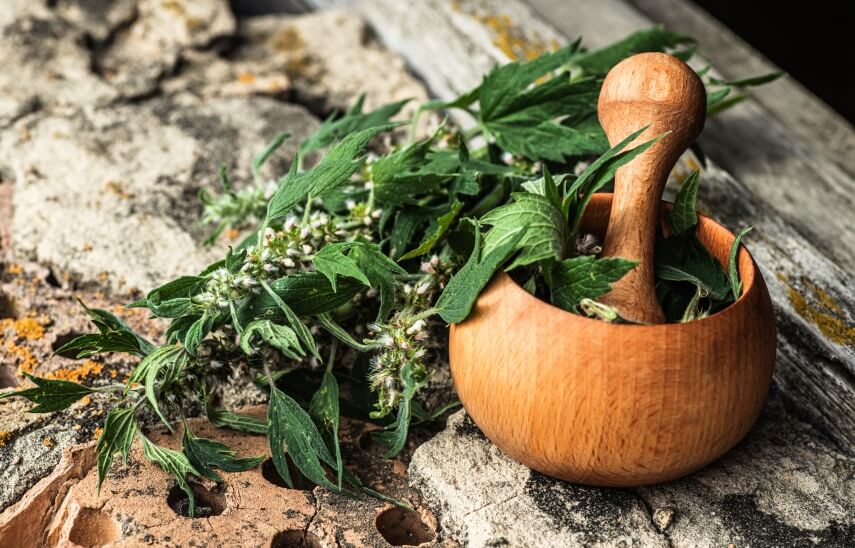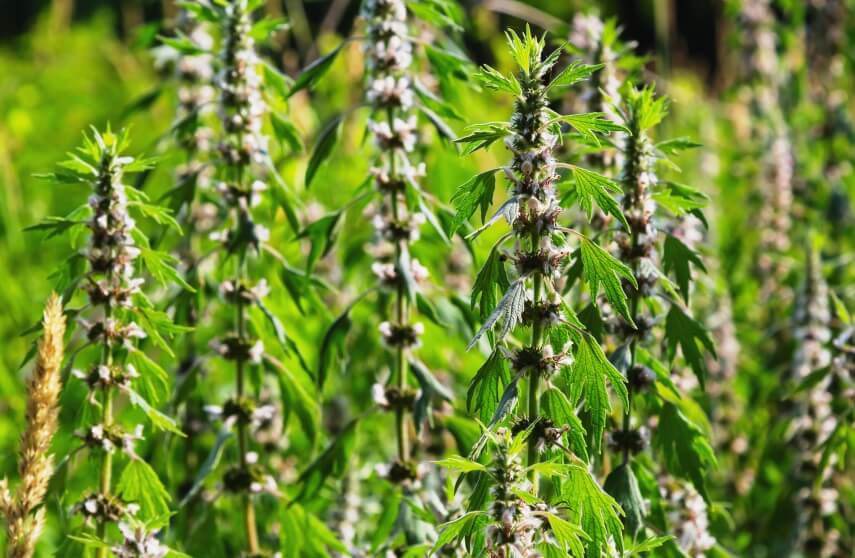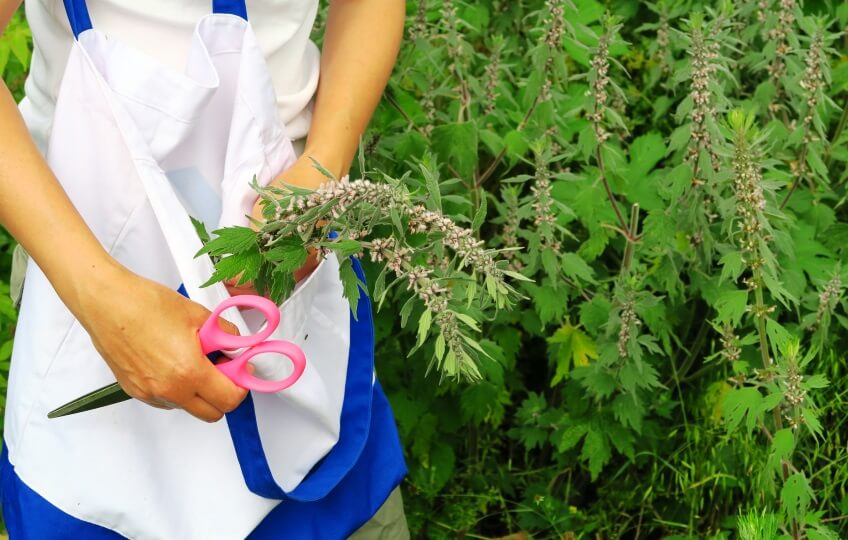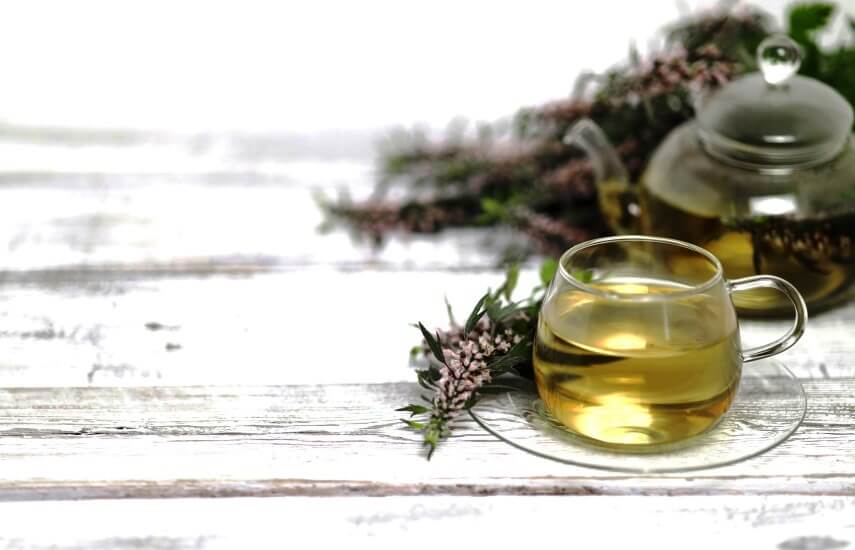Meet Motherwort—nature’s remedy with a tale to tell. Beyond its gentle blooms lies a powerhouse of healing. Scientifically named Leonurus cardiaca, this unassuming herb steps into the spotlight for its role in women’s health, heart well-being, and mental balance. From anti-oxidants to anti-inflammatory wonders, Motherwort isn’t just a plant; it’s a holistic healer. Join us in uncovering the benefits of the Motherwort plant and exploring the ways it supports cardiovascular health, women’s wellness, and tackles the challenges of our modern lifestyles. Motherwort invites us to rediscover the simplicity of nature’s wisdom in a complex world.
If you are interested in this topic, you can also read
<<Black Sage Benefits>> and <<Cleavers Benefits>> articles.
About Motherwort
Motherwort, scientifically known as Leonurus cardiaca and colloquially referred to as throw-wort, lion’s ear, and lion’s tail, belongs to the mint family, Lamiaceae. Originally hailing from Central Asia and southeastern Europe, this herbaceous perennial plant has made its way across the globe, largely propelled by its medicinal uses. Additionally, there exists a different species known as Chinese Motherwort. Chinese herbalists employ Chinese Motherwort (Leonurus heterophyllus) much like how Western practitioners use Leonurus cardiaca, both serving similar purposes in their respective traditions.
Featuring a distinctive squarish stem covered in short hairs, often displaying a purplish hue, especially near the nodes, Motherwort is recognized for its unique characteristics. The leaves, which vary slightly in shape depending on location, are generally opposite, lobed, and toothed. Basal leaves take on a wedge shape with three points, while upper leaves typically boast three to five points. A slight hairiness covers the upper side of the leaves, giving them a textured appearance, while the undersides tend to have a greyish tint.
Come mid to late summer, Motherwort graces us with its presence, producing flowers in the leaf axils on the upper part of the plant. These flowers are accompanied by three-lobed bracts, adding to the plant’s overall visual appeal. Reaching a height of approximately 60 to 100 cm (24 to 39 in), Motherwort stands as a testament to the beauty and versatility found in the plant kingdom [1].
Motherwort Nutritional Value
Within the above-ground components of Leonurus cardiaca, a diverse array of compounds can be identified, falling into various chemical groups. These include monoterpenes, specifically iridoids, as well as diterpenes of clerodane, furanolabdane, and labdane types. Additionally, triterpenes in the form of ursolic and oleanolic acids are present, contributing to the plant’s chemical makeup.
Notably, nitrogen-containing compounds like leonurine and stachydrine are integral components of Motherwort. The presence of phenylpropanoids, exemplified by lavandulifolioside, adds to the plant’s chemical complexity. Furthermore, Motherwort boasts a composition rich in flavonoids, phenolic acids, volatile oils, sterols, and tannins, forming a robust and varied profile of bioactive substances within this botanical specimen.
In the extracted components of Motherwort, a total of 15 primary phenolic substances were detected, with eight of them successfully identified. Notably, the extracts contained 10 hydroxycinnamic acids, and of these, chlorogenic, caffeic, and rosmarinic acids were positively identified. Chlorogenic and caffeic acids emerged as the predominant hydroxycinnamic acids within the extract.
Among the flavonoids present, the identified compounds included catechin, hyperoside, and rutin. It is noteworthy that the extracts exhibited a noteworthy concentration of ellagic acid, indicating the richness of diverse phenolic compounds within the composition of Motherwort. This intricate chemical profile contributes to the plant’s potential therapeutic and biological significance [2].
Motherwort Benefits
Good For Blood Hyperviscosity
In a study with 105 patients, researchers looked at how Motherwort (Leonurus Heterophyllus) affects thickened blood. The results showed that using Chinese Motherwort had positive effects on the patient’s health. It made the blood less thick, reduced fibrinogen (a substance in the blood), and improved the flexibility of red blood cells. Additionally, it shortened the time it takes for red blood cells to move in an electric field and increased protection against platelet clumping.
These findings suggest that including Motherwort in treatment can be good for blood flow, making it less sticky and improving the overall health of the blood [3].
Good For Cardiac Health
Motherwort, scientifically known as Leonurus cardiaca L., has a rich history in traditional medicine, dating back to the 15th century, and is now officially recognized in pharmacopoeias. People have valued it for addressing issues related to nerves and heart health.
Recent research has shed light on Motherwort’s beneficial properties. Studies show that this plant contains bufadienolic glycosides, which appear to influence the heart positively. These compounds typically contribute to a steadier heartbeat, a slight reduction in heart rate, and specific changes in heartbeat intervals. This natural support for heart health aligns with historical usage for heart and nervous system problems [4].
Moreover, Motherwort is not just a historical remedy; it is also employed as a complementary approach to enhance heart function and improve blood circulation. Extracts from Motherwort have shown promise in providing a protective shield for the heart muscles against the harmful effects of various pathogenic processes. In essence, Motherwort emerges as a multifaceted remedy with the potential to naturally support heart health and counter the effects of certain health challenges [5].
Anti-inflammatory And Anti-Microbial Effect
Bovine mastitis, characterized by inflammation in the mammary gland, stands as one of the most common diseases in dairy cattle. Among the infectious microorganisms contributing to this condition, Escherichia coli (Gram-negative) and Staphylococcus aureus (Gram-positive) are the most prevalent culprits. Escherichia coli is known for triggering robust and acute inflammatory responses. Unfortunately, there is currently no highly effective treatment available.
An interesting potential remedy emerges from leonurine, extracted from the plant Leonurus cardiaca. Studies have demonstrated that leonurine possesses anti-inflammatory properties. This suggests that leonurine could offer a promising avenue for addressing the inflammation associated with bovine mastitis, presenting a potential breakthrough in the search for effective treatments. Additionally, the study explored the anti-oxidant and anti-bacterial activities of the extracts obtained from this magical plant [6, 7].
Anti-oxidant Effect
The research concentrated on the investigation of fractions derived from the aerial parts of cultivated Motherwort (Leonurus cardiaca L.). The primary objective was to assess their total phenolic and flavonoid contents, with a particular emphasis on evaluating their anti-oxidant activities. This examination evident the effectiveness of these plant components in mitigating oxidative stress, emphasizing their potential role as anti-oxidants in biological systems [8].
Good For Mental Disease
That’s not all the benefits of Motherwort. This plant has a historical track record of being employed for the treatment of various nervous conditions, ranging from depression and anxiety to stress. L. cardiaca has been officially recognized as a natural remedy, particularly for addressing postpartum depression. Additionally, the traditional usage of Motherwort for treating epilepsy has been documented.
The oil extract of Leonurus, therefore, emerges as a potentially effective therapeutic agent, especially for patients dealing with arterial hypertension and simultaneous psycho-neurological disorders. This highlights the versatility of Motherwort as an herbal remedy with potential benefits for both mental health and specific medical conditions [9].
Motherwort Benefits For Female
Preventing postpartum hemorrhage (PPH)
In 2015, about 830 women died every day due to problems during pregnancy or childbirth globally. The main reason was excessive bleeding, with postpartum hemorrhage (PPH) causing more than two-thirds of these cases.
To tackle this issue, China has been using motherwort injection since 1972. It comes from the motherwort plant (Leonurus japonicus), a traditional Chinese herb for women’s health. This injection, a part of traditional Chinese medicine, is widely used to prevent postpartum hemorrhage (PPH) and has shown positive results in real-world situations. It’s an important practice in China to keep mothers safe after giving birth by reducing the risk of severe bleeding [10].
Motherwort side effects
As mentioned earlier, L. cardiaca preparations are currently used to treat various conditions. According to a report from the European Medicines Agency (EMA), these preparations are considered safe, but it suggests limiting use to four weeks. The report also mentions potential side effects, such as diarrhea, uterine bleeding, and stomach irritation, linked to taking 3.0 grams of powdered extract daily.
Due to its impact on the reproductive system, L. cardiaca is labeled as an “herb to avoid during pregnancy” because it can stimulate the uterus. Additionally, there’s a note of caution for anesthesia practitioners, as L. cardiaca is associated with bleeding abnormalities. Another important consideration is its potential to enhance the effects of warfarin by inhibiting platelet aggregation. It’s crucial to be mindful of these factors when considering the use of L. cardiaca in medical situations [11].
How To Use Motherwort
For optimal consumption, it’s recommended to use Motherwort while it’s fresh, either by consuming it directly or preparing a tincture. However, if you prefer to preserve it, you can also dry the flowers and leaves. Once dried, remove them from the stems and store them in a tightly sealed glass jar in a dark pantry; the drying process typically takes a few hours.
If you opt for motherwort tea, be aware that it has a bitter taste. To enhance the flavor, consider blending it with more pleasant herbs like lemon balm or peppermint.
For tincturing Motherwort, fill a glass jar about halfway to two-thirds with crushed fresh or dried herbs and cover it with 100-proof vodka. Allow this mixture to sit for 4 to 6 weeks in a dark cupboard, shaking it daily. Afterward, strain out the herb. The resulting tincture will be dark and bitter but should remain potent for several years if stored in an airtight container in a cool, dark place.


